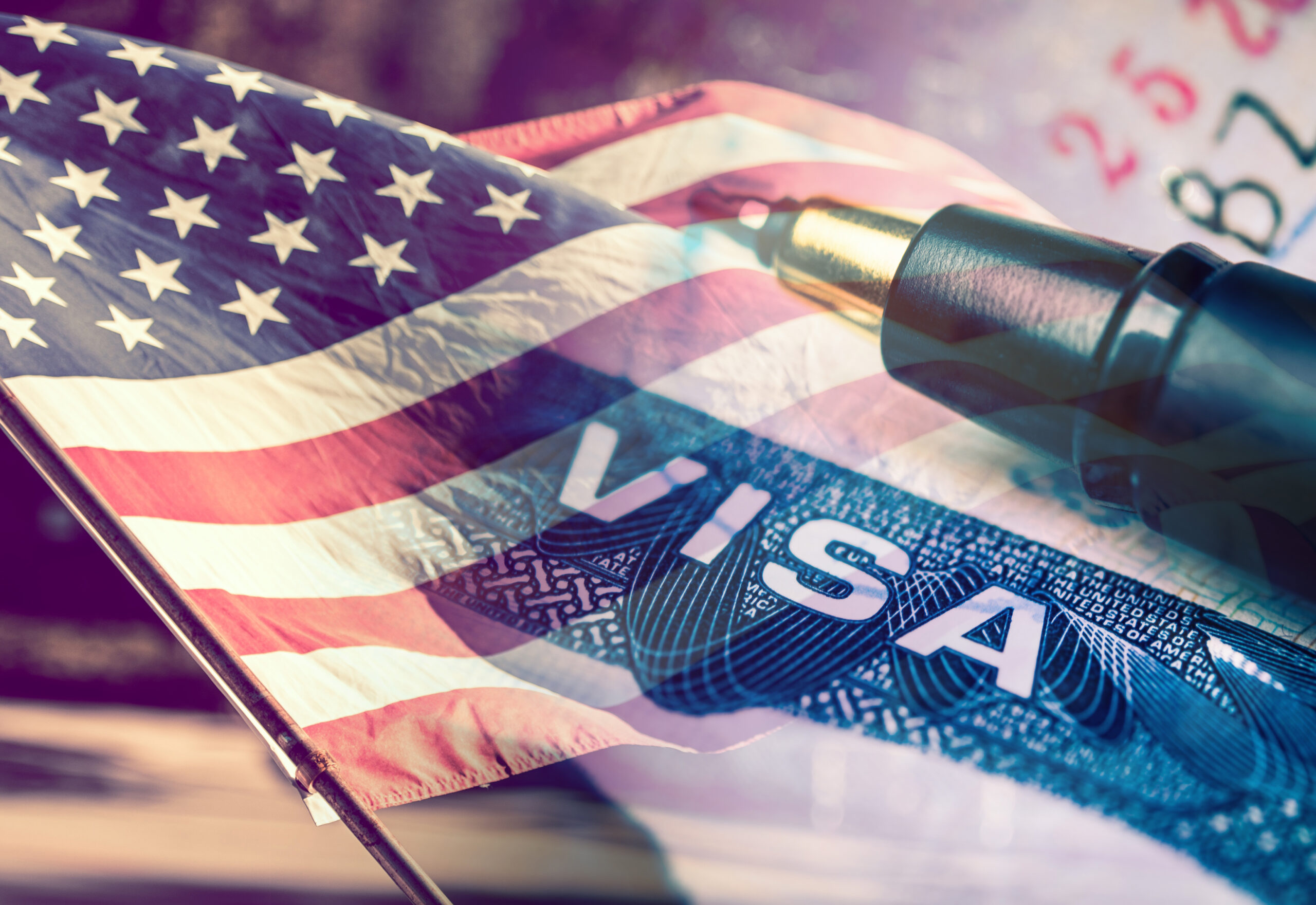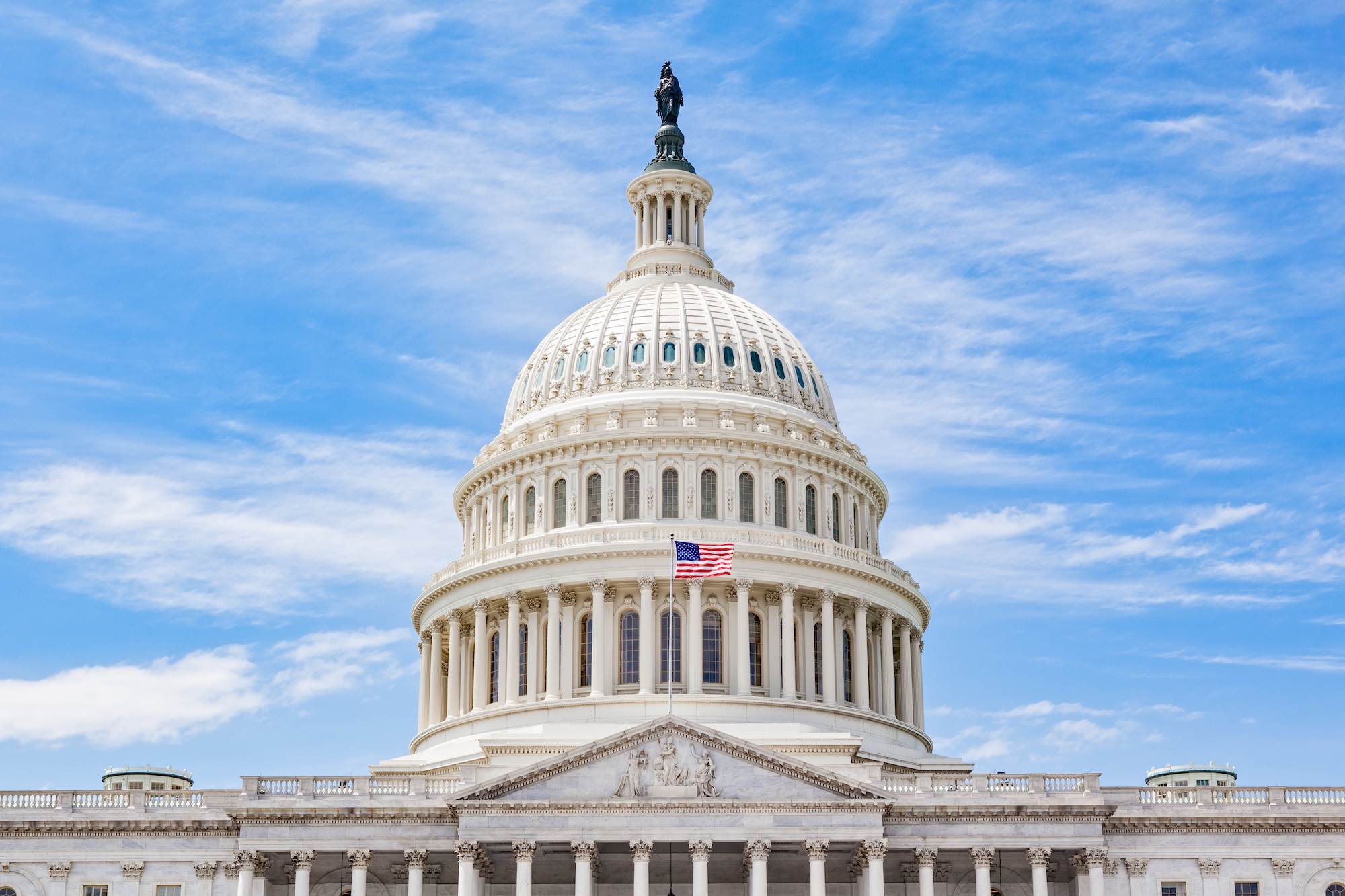
Americans are right to believe their lyin' eyes, labor shortages and productivity, Tax Foundation models, and more.
Public opinion researchers are often perplexed by results in which most Americans have a positive view of their own circumstances but a negative view of the national condition. If, say, 60% think their own finances are in good shape, how can only 25% believe that the economy is doing well? Princeton economist Alan Blinder attempted to tackle this question in the Wall Street Journal last week with a piece titled: The Economy Is Good. Why Don’t People Know It?
To me, it’s puzzling that anyone finds this puzzling. Analysts, including Blinder, try to explain the disconnect with various psychological theories like “negativity bias.” But there’s nothing irrational about assessing personal and national conditions differently. To the contrary, I’d say it’s the entirely natural and moral thing to do. Trying to define national conditions as merely the aggregated sum of individual conditions is the nonsensical approach, albeit one consistent with the reliably wrong model of human flourishing on which economists depend.
What Americans want, and rightly expect, is an economy that works for everyone, not only for themselves, and one that is making progress, with a future that looks better than the past. Of course, no one expects every individual to be thriving at all times. But the goal is for the economy’s basic math to work plausibly well for people in all places, of all different aptitudes and aspirations, in all walks of life. And if even that seems somewhat aspirational, at least that’s the direction in which things should be moving.
If it has become harder for a family to attain middle-class security with one income (it has), if people aged 18 to 34 are more likely to be living at home with their parents than independently with a significant other (they are), if drug overdoses claim lives at a faster pace than alcohol abuse did in Russia during the worst of the post-Soviet years (they do), then we should hardly be surprised when someone whose own finances are healthy nevertheless expresses concern. Indeed, a better question might be what we should call someone who thinks only his own well-being should matter.
A sense of precarity contributes as well. The elite often emphasize “opportunity” and “mobility,” noting that while some people may be down one year, many of them will be up again the next. The flipside, though, is that people up one year may be down the next. And most don’t have the elite’s cushion of both social and financial capital to carry them through. Ask Americans whether they care more about “financial stability” or “upward mobility,” and by 10-to-1 they will choose the former.
Crime provides a helpful analogy: Suppose a survey found that only 10% of respondents had been personally victimized by violent crime in the prior month. What share of respondents would respond with negative sentiments about public safety? According to our perplexed economists, only 10%. Or perhaps less. After all, many recent victims should be thinking about the tremendous opportunity they have not to be victimized next month. In fact, the figure would presumably approach 100%. As it should.
At American Compass, we’ve begun conducting focus groups to supplement our survey data with richer individual perspectives. One consistent result is that, asking people how they envision their ideal economy, literally no one mentions growth or dynamism or mobility. Themes among upper-income, college-educated Americans tend to emphasize a desire for greater income equality and embarrassment that so many jobs do not pay what they themselves could ever consider a living wage. Among lower-income Americans without college degrees, the same answers repeat: stability, security, self-sufficiency.
An interesting analog also presents itself in the context of globalization. One recent American Compass survey asked people whether the embrace of China and globalization had benefited or harmed them personally, their family and friends, their communities, and the nation as a whole. In general, Americans saw globalization as beneficial personally but harmful nationally. A common interpretation of these results would be that Americans have unjustifiably negative views of globalization because they know they have benefited and just assume someone else must have been harmed. But the results are exactly what we should expect if Americans, rather than being grievance-filled xenophobes, understood perfectly well how globalization had benefited them as consumers and also that, from the perspective of national well-being, the concentrated harms in particular communities and industries outweighed the benefits of their cheaper and larger televisions.
I consider all this great cause for hope. What the data are telling us is not that Americans are irrational, but rather that they still feel a much greater sense of solidarity than is generally assumed. It’s remarkably sad that economists, and most of our political class, think solidarity is irrational, but that’s for another day. For now, I’d just note that this seems an enormous political opportunity for some enterprising leader to speak to voters in a register that they might find more compelling than the typical “real wages up this percent, unemployment rate at that.”
The problem need not be here’s what happened to you, the solution not here’s what I’ll do for you. Someone speaking about how harms to some can be harms to all, the aspiration of being a good and great nation rather than just a collection of consumers, and the necessity of shared sacrifice in pursuit of those goals, might appeal quite well to the rightly pessimistic mood.










